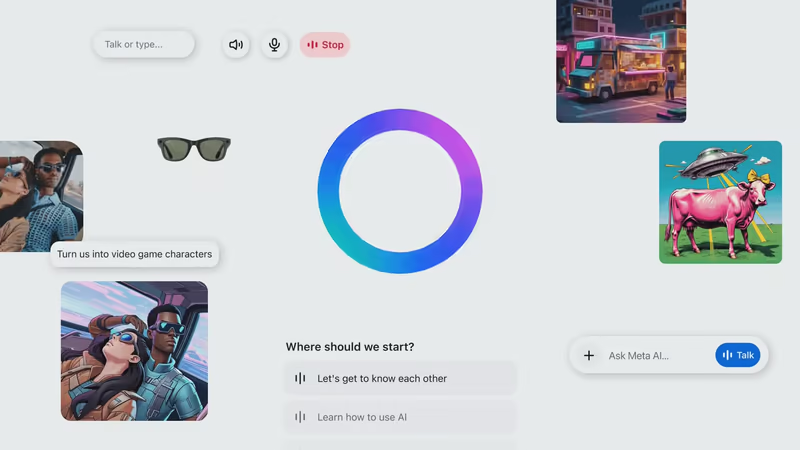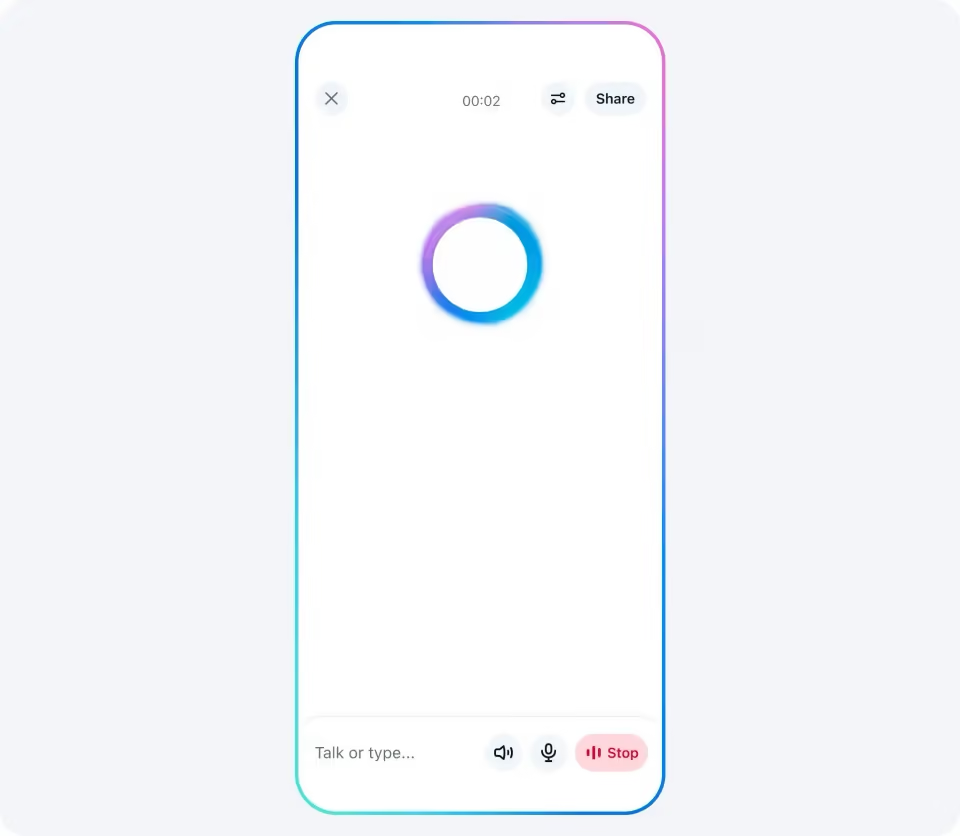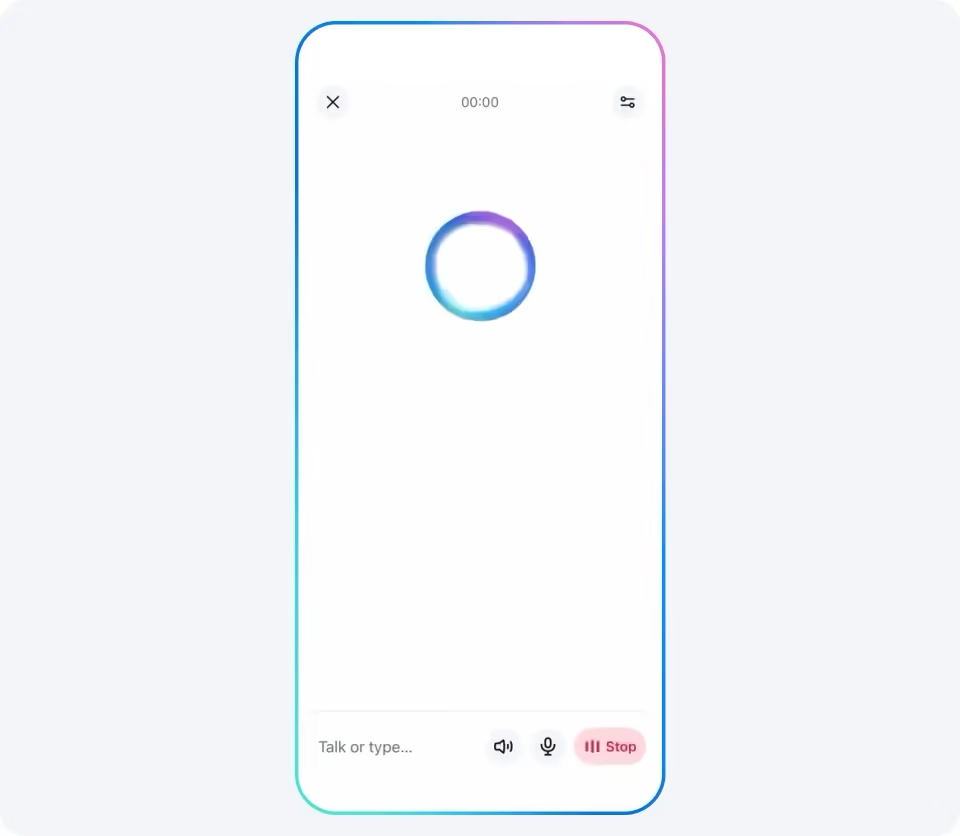
In the fast-evolving world of tech, companies are constantly refining how they deliver innovation to users.
One strategic decision that continues to shape user experience and market positioning is whether to embed a new feature within an existing app—or to give it the spotlight it deserves with a standalone mobile application. This decision can determine not just how the feature is perceived, but how far it can grow.
Meta Platforms (formerly Facebook) has Meta AI, which focuses on developing AI products for the company.
For all this time, Meta AI's AIs live inside separate apps, meant to enhance the experience of those apps.
But this time, a change of strategy.
The company is launching a dedicated Meta AI app, a move to not just showcase its latest advancement in AI field, but to also signal a deeper intention to compete directly with the other notable names.

A standalone app isn’t just a technical product—it’s a statement.
Meta, which has officially launched a standalone Meta AI app, is essentially creating an assistant app, powered by the company’s own LLaMA AI model.
With enhanced reasoning, multilingual fluency, and improved efficiency, the use of LLaMA 4 signals Meta’s ambition to be a true contender in the generative AI arena.
The app also features a 'Discover' feed, where users can explore how others are engaging with the tool and receive creative prompts to try themselves. It also promises to deliver more personalized, context-aware responses by drawing from data connected to users' Facebook and Instagram activity.
The release aligns with earlier reports from February that hinted CEO Mark Zuckerberg's ambitions to push further into the AI space.

This move comes as Meta seeks to expand the reach of its AI assistant beyond its existing platforms—WhatsApp, Instagram, Facebook, and Messenger—by encouraging more direct and intentional usage through a standalone experience.
With this offering, Meta is positioning itself directly against major players like OpenAI's ChatGPT, Google's Gemini, Anthropic’s Claude, xAI’s Grok, Microsoft's Copilot and more, signaling just how fierce and lucrative this AI race has become.
It's worth noting that his Meta AI app isn't going to exist in isolation—it will also integrate with Meta’s AI-powered Ray-Ban smart glasses and merge with the existing companion app to provide a more seamless, cross-device experience.
This reflects Meta's push toward making its assistant not just smarter, but more deeply embedded in users’ digital and physical lives.

The company first introduced Meta AI in September 2023 as a generative AI assistant capable of answering questions and generating images from user prompts—initially integrated within its suite of apps like Facebook, Instagram, WhatsApp, and Messenger.
In April 2025, Meta took a bold step by replacing the traditional search functions across these platforms with the Meta AI chatbot, effectively putting the assistant front and center. CEO Mark Zuckerberg has made his vision clear: he believes 2025 will be the year a highly intelligent, personalized AI assistant reaches over 1 billion users, with Meta AI leading that charge.
As of January, Meta AI had already hit 700 million monthly active users, up from 600 million the month before.
The debut coincides with Meta’s first-ever LlamaCon, a developer event held at the company’s Menlo Park headquarters, celebrating its LLaMA family of large language models. During the event, Meta unveiled LLaMA API, which offers developers access to inference speeds up to 18 times faster than traditional GPU-based solutions.
"You can now start using Llama with one line of code," said Chief Product Officer Chris Cox during a keynote speech onstage.
This should help Meta go up against APIs offered by rival model makers including Microsoft-backed OpenAI, Google, and to become a low-cost alternative to China's DeepSeek.
